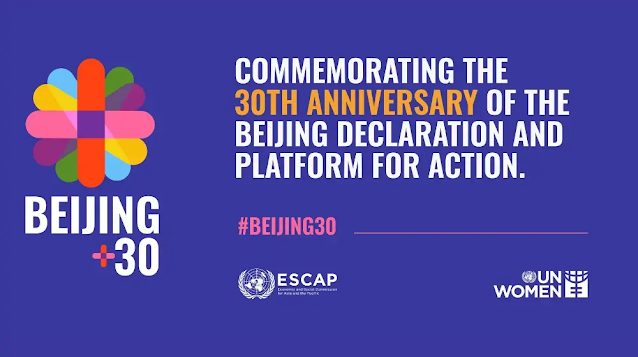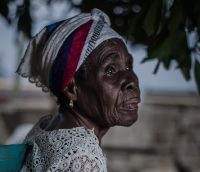
By Simbiat Amzat
The Beijing+30 review presents a pivotal moment to evaluate the implementation of the Beijing Declaration and Platform for Action, a groundbreaking framework for women’s empowerment adopted in 1995.
This platform outlined 12 critical areas needing urgent attention, including women and poverty, education, health, violence, armed conflict, power and decision-making, institutional mechanisms for women’s advancement, women’s rights, women and media, the girl child, environment, and economic empowerment. These interconnected issues demand a holistic approach, recognizing that progress in one area can positively impact others.
To streamline efforts, the 12 critical areas have been grouped into six thematic clusters: prosperity, people, dignity, partnerships, peace, and planet. These clusters provide a comprehensive lens to assess achievements, identify ongoing challenges, and chart a path forward. While notable strides have been made over the past three decades, persistent barriers remain. Discriminatory laws, limited female representation in decision-making roles, and under-resourced policies continue to hinder progress. Women and girls still face unequal access to education, healthcare, and economic opportunities.
Accelerating progress requires bold action. Empowering young people, strengthening institutions, promoting gender-responsive policies, and increasing women’s participation in leadership are vital steps toward closing the gender gap. Achieving these goals demands a collaborative effort from governments, civil society, the private sector, and individuals.
The Beijing+30 review is a powerful call to action, urging global stakeholders to renew their commitment to gender equality. It is an opportunity to reflect on achievements, address setbacks, and collectively forge a more just and equitable world.
Key Takeaways
The Beijing Declaration remains a cornerstone framework for women’s empowerment, addressing 12 critical areas.
Progress has been made, but systemic challenges like discriminatory laws and low female representation persist.
Holistic, intersectional approaches are essential for achieving gender equality.
Empowering youth, promoting gender-responsive policies, and increasing women’s leadership representation are key accelerators.
Collective action from all sectors of society is necessary to drive transformative change.
At Shades of Us, we believe that empowering women and girls unlocks a brighter future for all, fostering a society built on equality, justice, and prosperity.





